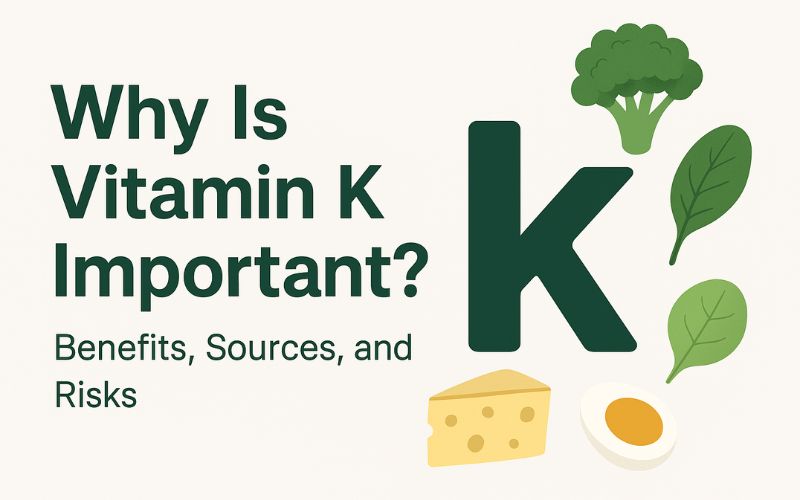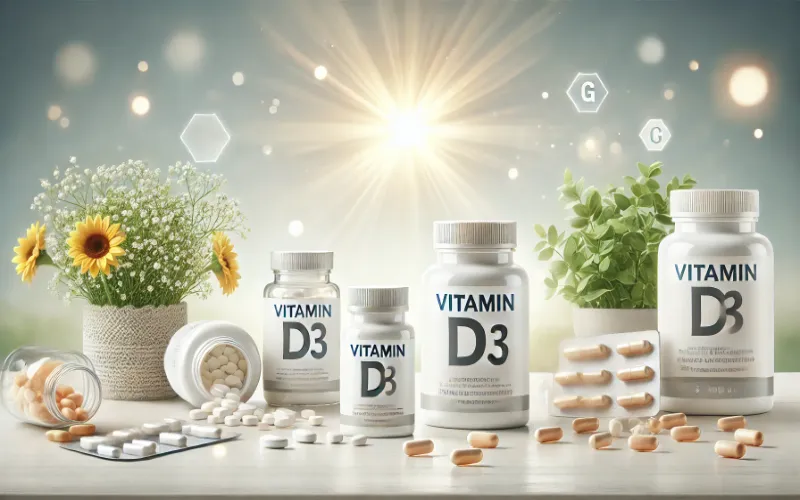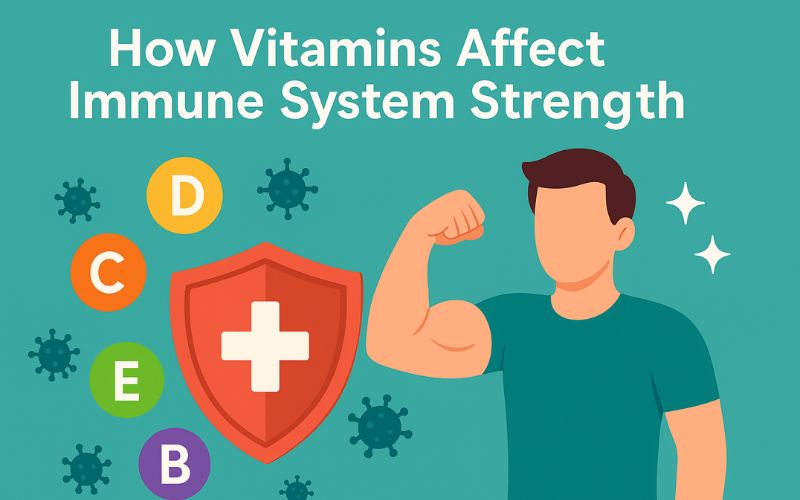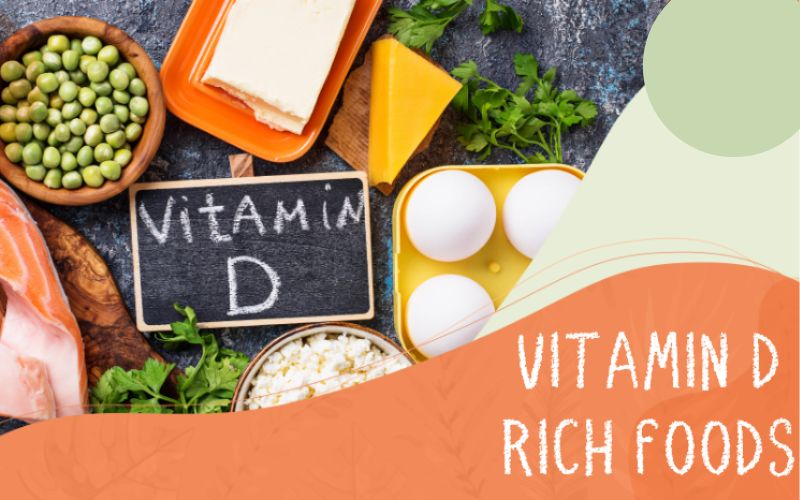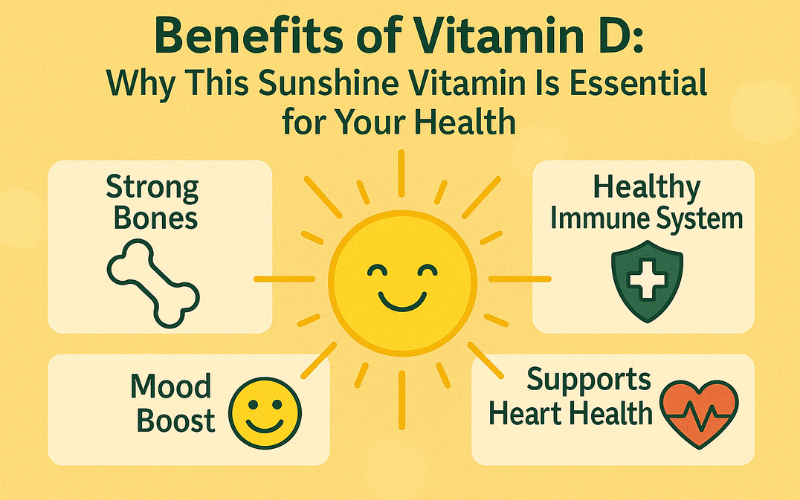Vitamin K is an essential fat-soluble vitamin that plays a crucial role in maintaining overall health. It is often overlooked compared to other vitamins like vitamin D or vitamin C, but its importance cannot be underestimated. From supporting blood clotting to strengthening bones and protecting the heart, vitamin K is vital for your body’s proper functioning. In this article, we’ll explore the uses, benefits, food sources, recommended intake, risks, and why you should make sure your diet includes enough of this nutrient.
Table of Contents
Uses of Vitamin K
Vitamin K is widely recognized for its role in:
- Blood Clotting: It activates proteins that help your blood clot, preventing excessive bleeding from cuts and wounds.
- Bone Health: Vitamin K helps bind calcium to bones, increasing density and reducing the risk of fractures.
- Wound Healing: It assists the body in recovering from injuries faster by regulating clotting factors.
Benefits of Vitamin K
- Supports Cardiovascular Health
Vitamin K prevents calcium deposits in the arteries, lowering the risk of heart disease and improving circulation. - Enhances Bone Strength
Studies show that people with higher vitamin K intake have stronger bones and are less likely to suffer from osteoporosis. - Improves Brain Function
Some research links vitamin K to better cognitive health, memory support, and protection against age-related decline. - Antioxidant & Anti-Inflammatory Properties
Vitamin K provides protection against oxidative stress, reducing inflammation in the body.
Sources of Vitamin K
- Plant-Based Sources (Vitamin K1): Spinach, kale, broccoli, Brussels sprouts, collard greens.
- Animal-Based Sources (Vitamin K2): Egg yolks, liver, cheese, fermented foods like natto.
- Supplements: Available in capsule or liquid form, particularly for people with deficiencies.
Daily Recommended Intake
- Adult men: Around 120 micrograms (mcg) per day.
- Adult women: Around 90 mcg per day.
- Children & infants: Varying amounts based on age (typically 2–75 mcg).
Getting vitamin K from food sources is generally the best option, but supplements may be recommended in special cases.
Deficiency of Vitamin K
A deficiency in vitamin K is rare but can have serious consequences:
- Symptoms: Easy bruising, nosebleeds, heavy menstrual bleeding, slow wound healing.
- At-risk groups: Newborns, elderly individuals, and those with digestive disorders like Crohn’s disease.
- Diagnosis: Usually through blood tests measuring clotting time.
Risks & Side Effects of Excess Vitamin K
Vitamin K is safe when consumed from food sources. However, excessive supplementation can cause:
- Interactions with medications: Particularly with blood thinners like warfarin.
- Possible overdose: Though rare, too much supplementation may affect liver function.
- Pregnancy & breastfeeding: Generally safe, but consult a doctor before using supplements.
Vitamin K1 vs. Vitamin K2: What’s the Difference?
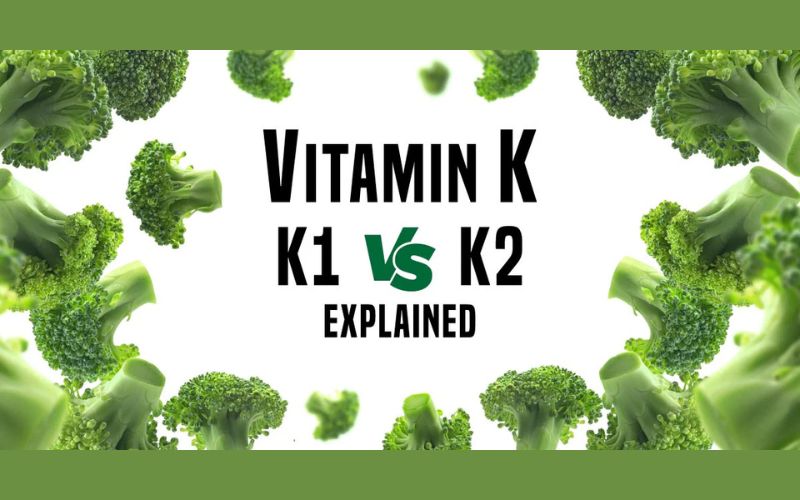
- Vitamin K1 (Phylloquinone): Found in leafy green vegetables, mainly supports blood clotting.
- Vitamin K2 (Menaquinone): Found in fermented foods and animal products, supports bone and heart health.
- Key takeaway: Both forms are important, but K2 may be more effective in preventing cardiovascular issues.
Who Should Consider Vitamin K Supplements?
- Athletes: For stronger bones and faster recovery.
- Elderly adults: To reduce the risk of fractures and osteoporosis.
- People with absorption problems: Those with liver disease, celiac disease, or digestive issues.
Conclusion: Why Is Vitamin K Important for Overall Health?
Vitamin K is much more than a “blood clotting vitamin.” It protects your heart, strengthens your bones, supports brain function, and ensures proper healing after injuries. Both Vitamin K1 and K2 are essential, and a balanced diet rich in leafy greens, animal products, or fermented foods can help you meet your daily needs. If you are at risk of deficiency or have special health conditions, supplements may be beneficial under professional guidance.
Fuel your health with essential vitamins – shop at www.nutritionalworld.com.pk














